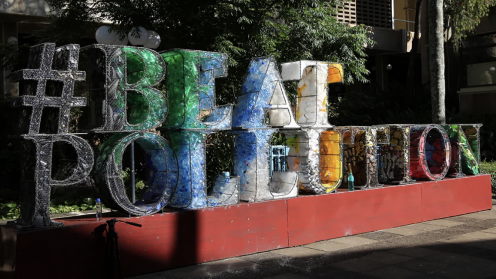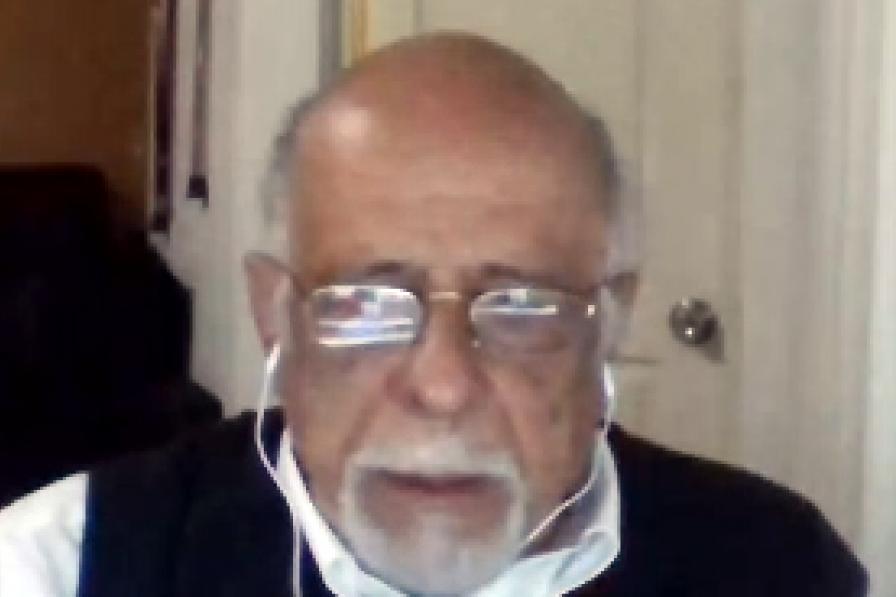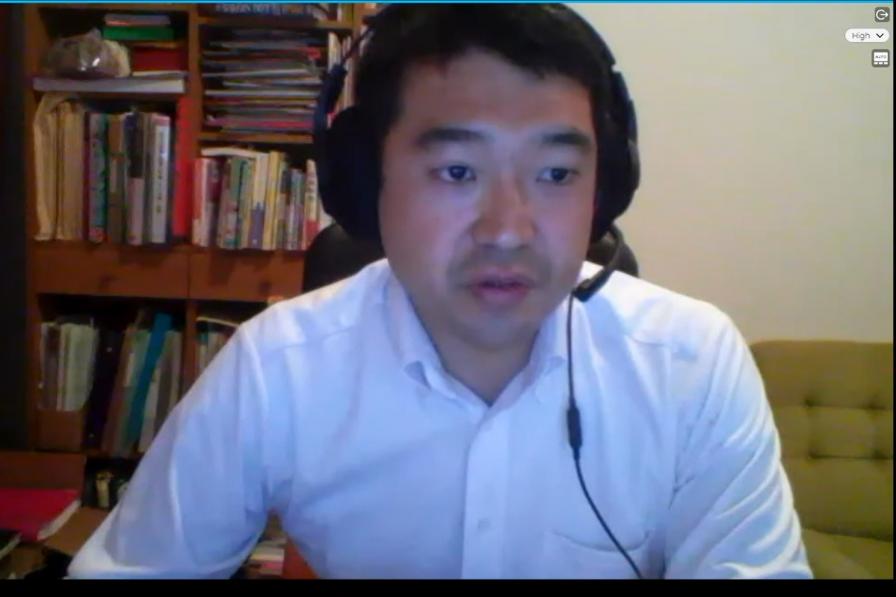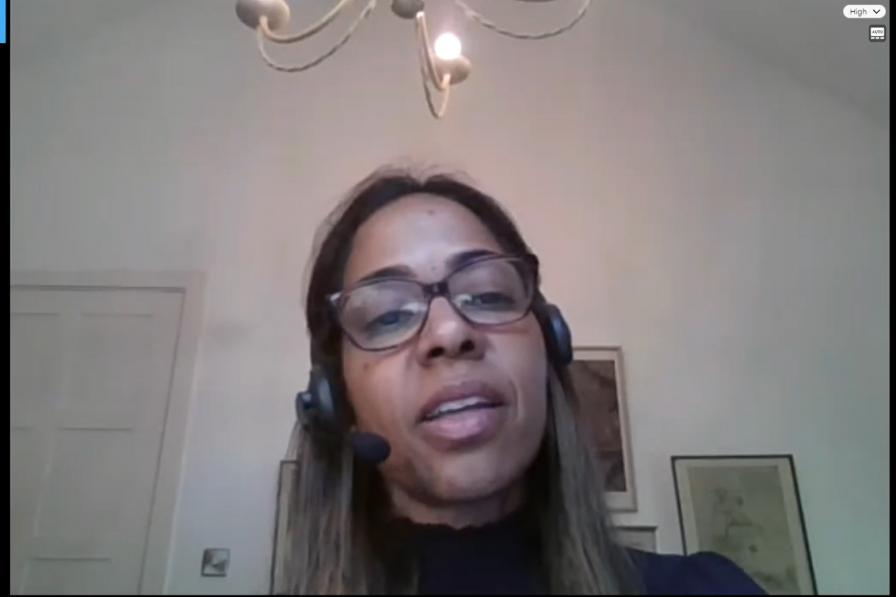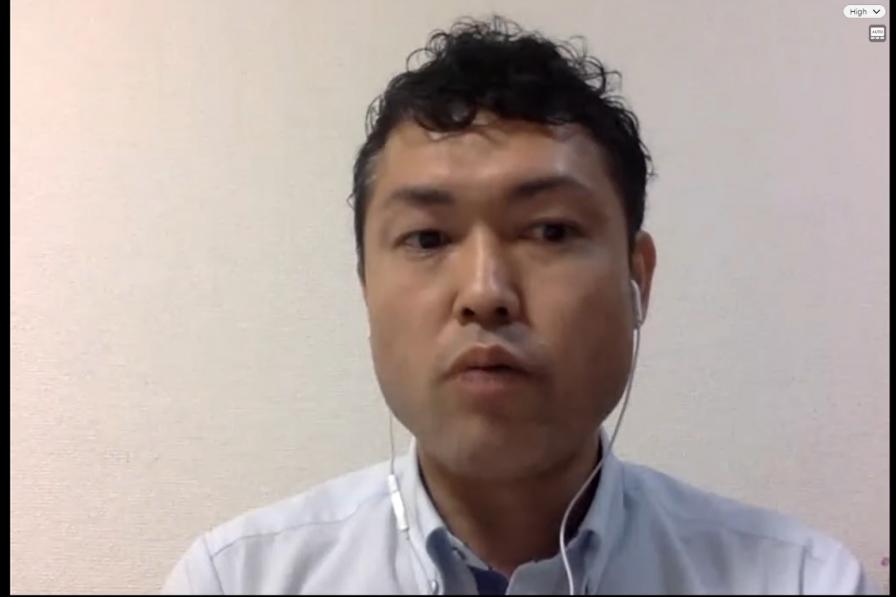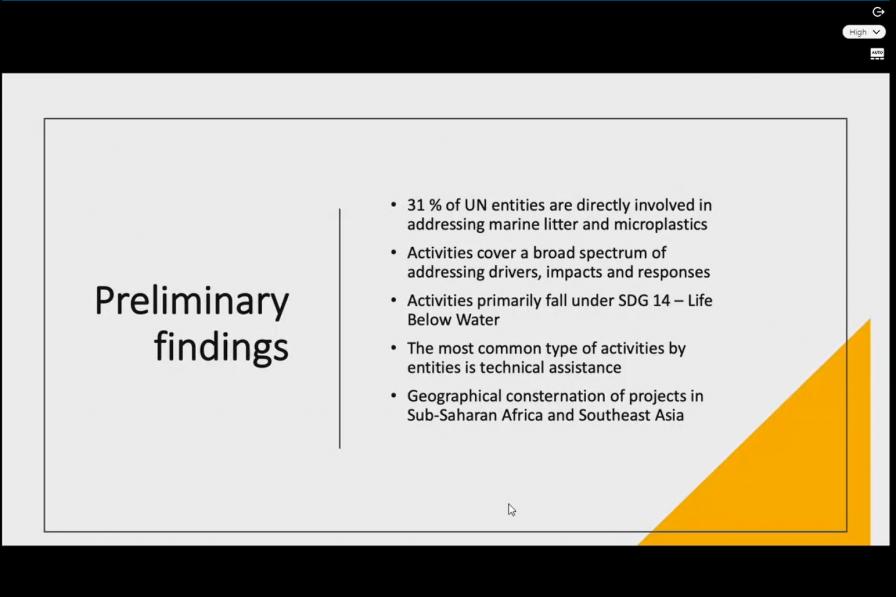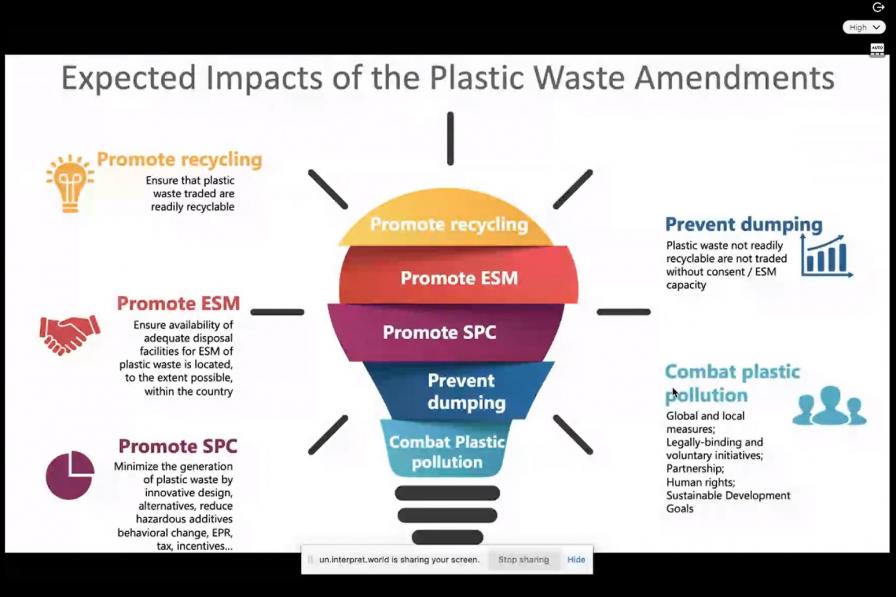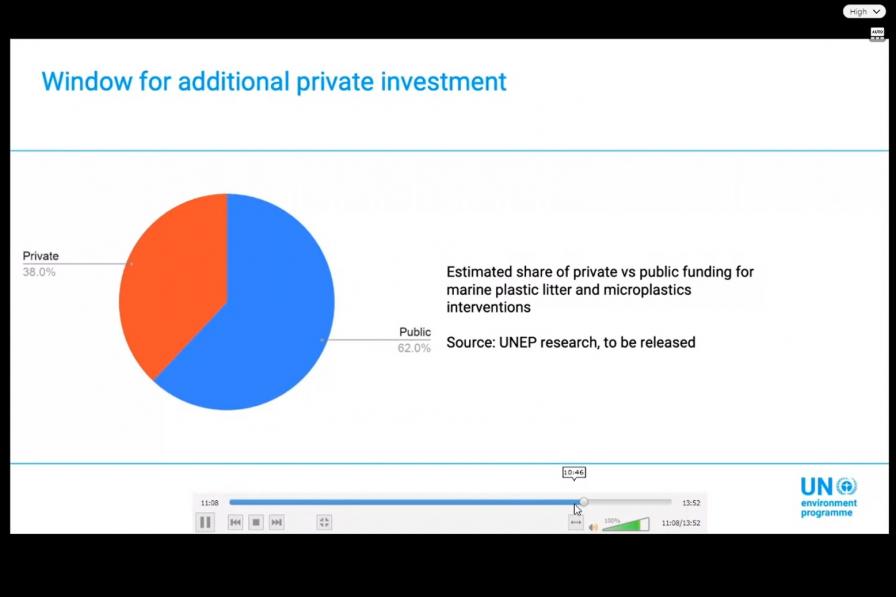On day one, the Expert Group worked through a number of technical challenges to delve into a packed agenda for the week’s meeting on marine litter and microplastics. Due to the pandemic, the meeting is being held virtually. Perhaps because of the new challenges presented by the pandemic, the work of the Ad-Hoc open-ended expert group on marine litter and microplastics is gaining even more importance. These challenges include an increase in the use of single-use protective personal equipment (PPE), such as masks and gloves, particularly as many parts of the world have entered into a second wave of the coronavirus pandemic. The experts are expected to prepare a report to present to the fifth meeting of the UN Environment Assembly in February 2021.
Delegates first elected Satoru Iino, Japan, as Chair of the meeting. In his opening remarks, via video, Sveinung Rotevatn, Minister of Climate and the Environment, Norway, stressed the importance of the expert group’s report as a signal for the world to take decisive action on marine litter and microplastics.
Delegates then heard updates on work related to the sources, pathways, and hazards of litter, including plastic litter and microplastics pollution. They moved on to discuss the findings of an update on the establishment of a digital multi-stakeholder platform for marine litter and microplastics, being developed under the auspices of the UN Environment Programme. The digital platform is the technology arm of the Global Partnership on Marine Litter (GPML). Several noted the importance and relevance of such a platform, while others cautioned that without careful monitoring, the platform could become a greenwashing tool.
A number of experts welcomed the report from the Basel Convention on the Control of Transboundary Movements of Hazardous Wastes and Their Disposal. An amendment to the Convention pertaining to plastic waste is scheduled to come into force in January 2021.
The group also considered inventories of technical and financial resources or mechanisms to address marine litter and microplastics. Some delegates requested that the report be revised to also include other financial sources, including financial resources from taxes, fees and levies applied to waste producers. Others noted that extended producer responsibility schemes could also be used to leverage finances and technical know-how to address plastic waste. Some others called for greater participation of the private sector to deal with marine litter, particularly plastic waste.
